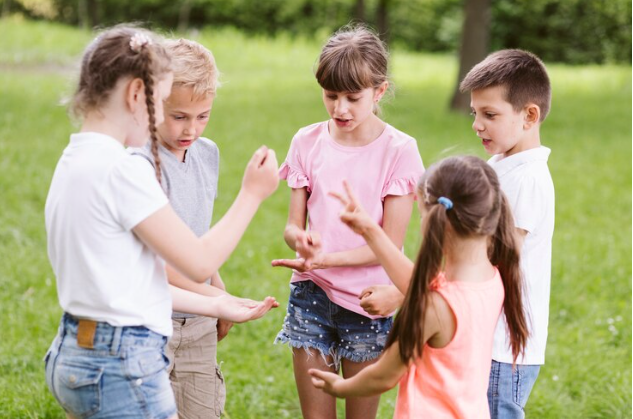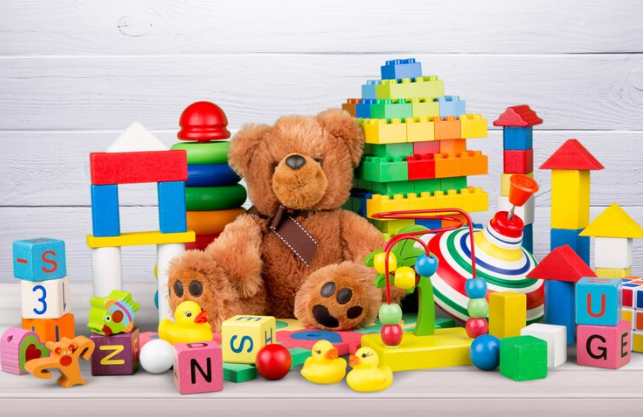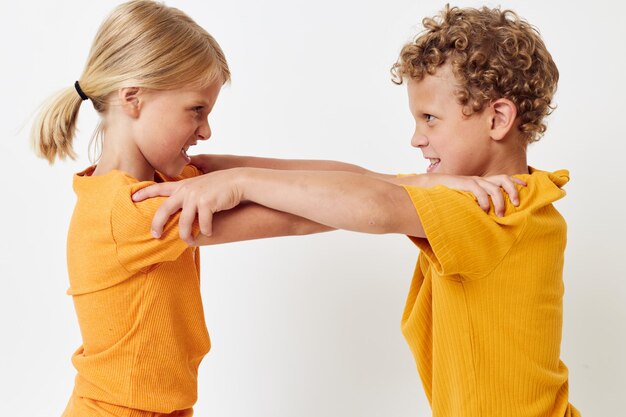- Details
- Category: 3-6 yo

We take up what we reported in our article on play to address this topic.
Around the age of 3 or so, the socialisation phase begins, and your child will start to play actively 'together' with other children of his or her age, developing shared play (and not just alongside other children playing). Playing together is a good training ground for your child to:
- learn to respect their turn in play;
- increase the level of empathy and sharing of space, time and objects;
- limit their own
- Details
- Category: 3-6 yo

Initially, play in a child is a spontaneous activity that he or she carries out without any practical purpose, but as a means of discovering himself or herself and the world around him or her.
Around the age of 3 or so, the socialisation phase begins, and your child will start playing 'together' with other children of his or her age, developing shared play (and not just alongside other children playing). Playing together is a good training ground for your child to:
- learn to respect one's
- Details
- Category: 3-6 yo

There are many occasions when we would like to give gifts to our children... but what kind of gift is best?
Generally speaking, we advise you to avoid toys with too many sounds, lights and colours, but rather to prefer toys in natural materials and neutral colours in which the child is the undisputed star of the action.
Always keep in mind that the gift should be interesting and respond to the needs of the receiver (and not the preferences of the giver).
Some of our suggestions:
- books
- Details
- Category: 3-6 yo
"Fighting is a child's right,' says Daniele Novara.
Children quarrel with each other for various reasons: they want the same game, the same role, the same attention, or simply out of jealousy. However, just as they quarrel, children also know how to make peace.

Arguments between children are physiological. Fighting is a natural mechanism, it has in itself useful functions for children's growth and social-emotional development, and it can be a unique and special training ground in which they


